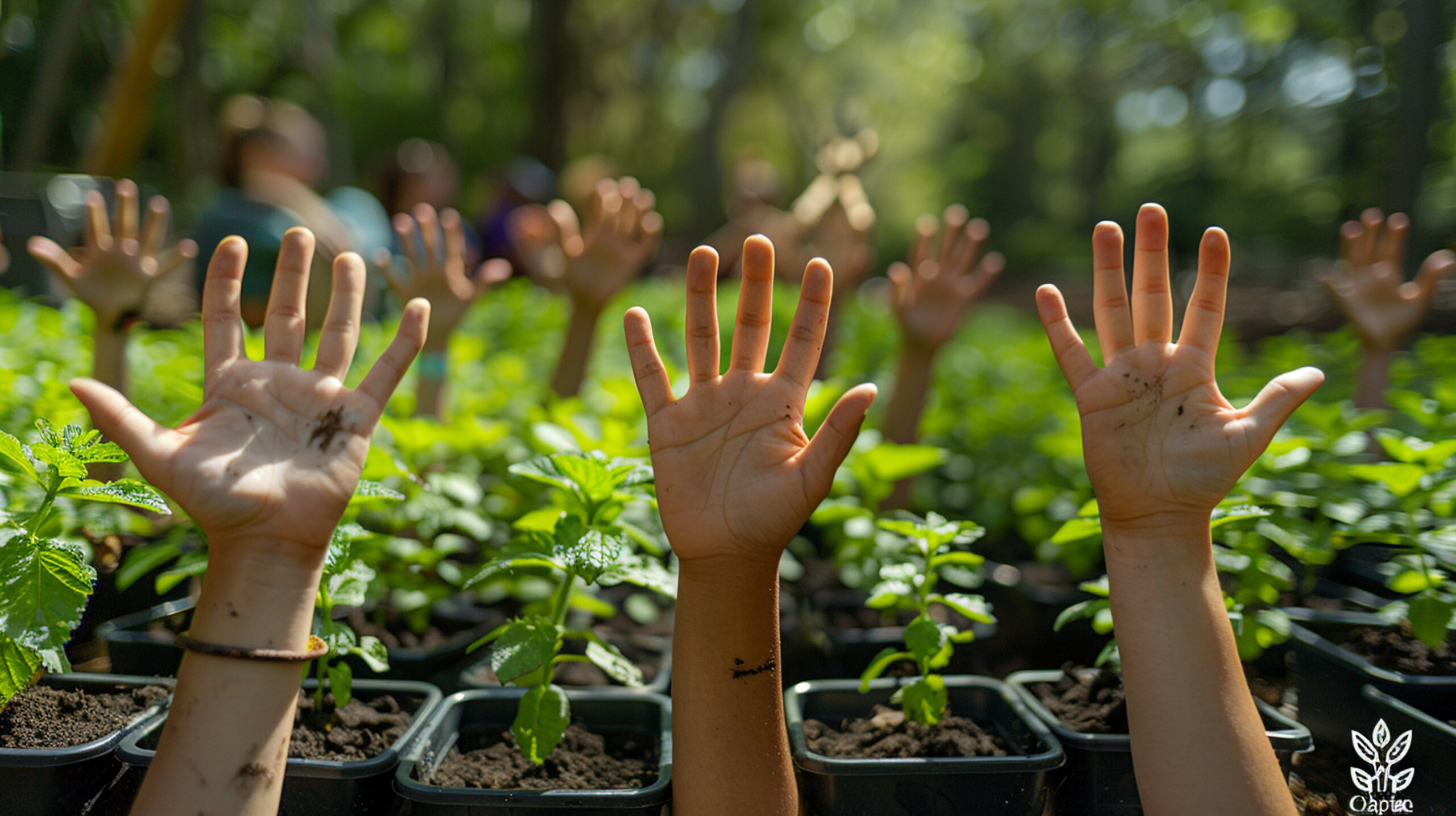Community gardens are not just spaces for cultivating plants; they are crucial hubs for fostering community spirit and enhancing environmental awareness. Integrating young migrants into these gardens serves a dual purpose: it facilitates their social integration and promotes environmental stewardship. In this blog post, we explore how these vibrant spaces can bridge cultures and foster a mutual understanding between migrants and local residents.
Engaging young migrants in gardening activities offers more than just the opportunity to interact with nature. It encourages them to participate in the community actively and provides them with a sense of ownership and belonging. As they plant, nurture, and harvest, they learn valuable lessons about responsibility, teamwork, and the importance of sustainability. This hands-on approach not only helps them to connect with their new environment but also instills a deep respect for the natural world.
Moreover, community gardens are a platform for cultural exchange. They become places where stories, recipes, and traditions are shared among diverse groups, enriching the community’s cultural fabric. This interaction not only helps to break down barriers and reduce prejudices but also enhances social cohesion. As migrants bring their unique agricultural knowledge and practices, they contribute to a richer, more varied community garden experience.
This inclusive model of environmental engagement also has broader implications. It serves as a grassroots approach to environmental education, teaching participants about local ecosystems, sustainable practices, and the impacts of their food choices. By involving young migrants in such initiatives, we not only empower them but also leverage their potential to become advocates for sustainability in their communities.
The positive impacts of such programs extend beyond the gardens themselves. They stimulate social interaction, enhance mental well-being, and can even contribute to improved physical health. As community gardens flourish, they turn into symbols of resilience and cooperation, showing how from tiny seeds, mighty and diverse communities can grow.






